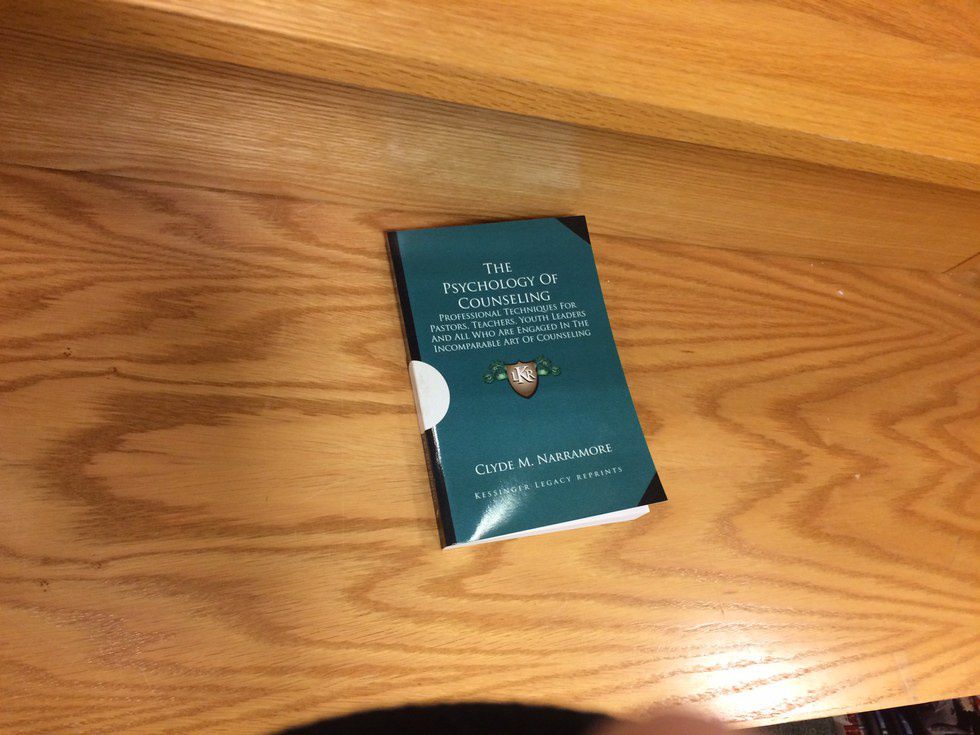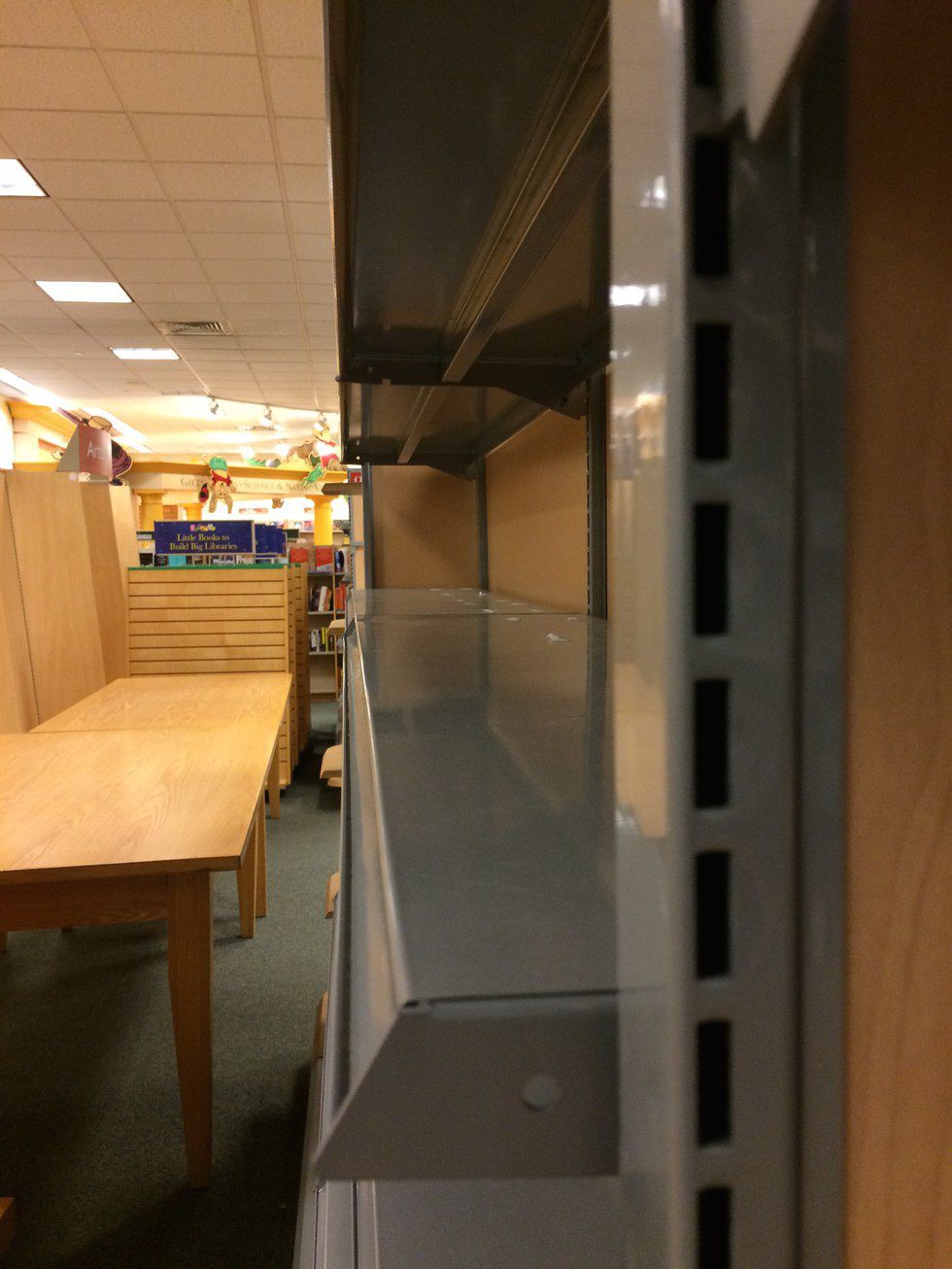I grew up in a relatively small neighborhood in Queens, New York, surrounded by a heck of a lot of much, much bigger neighborhoods. My town is filled with small Mom-and-pop stores, local banks, and parks, while just a few minutes away are large shopping areas filled to bursting with people.
The greatest advantage of these close-by, action-packed areas was the bookstores. We had three Barnes and Nobles just a short drive away to supplement the neighborhood library. I remember spending hours just walking through the aisles of the three stores, having the pleasure of not looking for anything, but seeing everything. Between the four establishments, there was never a need to buy books online. My family could always run out to pick up the physical book itself though we ran the risk of being lost among the shelves.
Everything is different now, though.
A few years ago, the local library was closed for renovations. Everyone in the neighborhood was glad to know that our library would be receiving a much-needed makeover. Even though we grew nervous as the years slogged on and little progress was made, we still had three Barnes and Nobles to browse through, and a more distant library as well.
Things seemed normal until the end of 2014 when our neighborhood learned that the closest Barnes and Noble would be closing. My family was devastated that our favorite bookstore--the place we had spent years of our lives lost in--would be shut down, and converted into a clothing store. We wrote letters to everyone we could think of--the store manager, the property owner, the borough president--my sister even started a petition to save the store. Yet it was all to no avail. Barnes and Nobles closed one of its three Queens locations.
The day before it closed, I went in to look at what was left. It was a shell, a corpse after an autopsy. The few books left were scattered about randomly, or piled up in a chaotic mess. A smattering of sad customers floated through like ghosts. I left quickly. It felt indecent to watch a neighborhood institution in the midst of its death throes.
After the first one closed, we thought things would be okay. The other two stores were not as convenient to go to, but they had great selections as well and were just as pleasant to browse through. Yet a few months ago, the news came out that both stores would be closing at the end of 2015.
Once again my family began emailing everyone we could think of, and once again the stores were closed. We watched as the life was sucked out of them. The stores slowly stopped restocking books, and they deteriorated fast, as a bookstore without books must.
Now there are no more Barnes and Nobles in Queens. We have some smaller bookshops scattered about, far away, but there are no big halls of shelves to wander through, to get lost in. Our local library continues to exist as a lump of scaffolding and tarp, and the amount of Amazon orders in my family has sharply increased. Though of course scrolling through Amazon.com could never substitute for the real experience.
Going to a bookstore has become something it should never be. A treat. It's a gift to have time to go to a Manhattan bookstore and spend a few hours. Yet bookstores should be constants. They must be the rule, not the exception.
In his book "American Gods," Neil Gaiman wrote, “A town isn’t a town without a bookstore. It may call itself a town, but unless it’s got a bookstore, it knows it’s not foolin’ a soul."
My neighborhood can lumber on with its shops and its banks and its parks, but without a bookstore or a library, without a place to wander, to wonder, and to lose ourselves, we are lost.

























